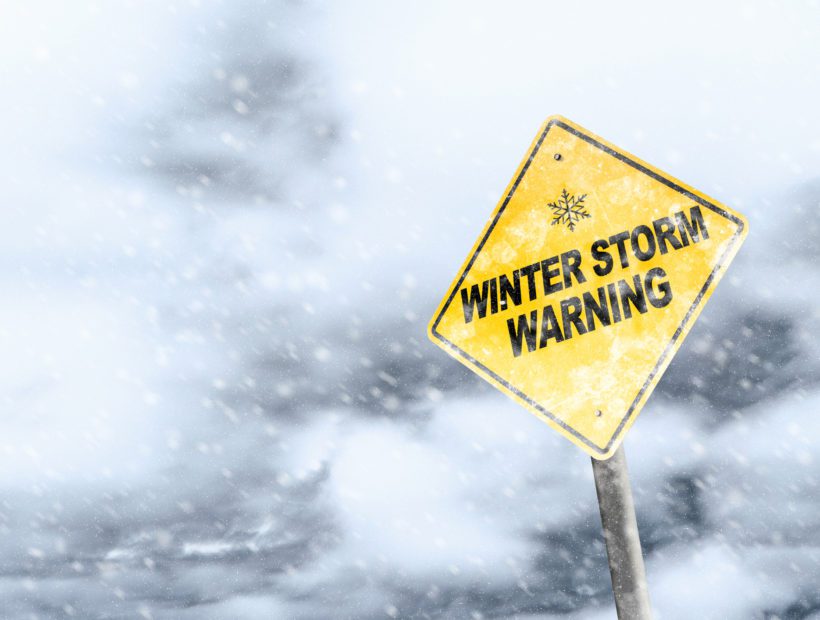Disaster Preparedness for Travel Nurses

We Need to Talk About Emergency Preparedness on Your Assignment
From hurricanes to wildfires, we want you to feel supported and prepared when disaster strikes. Whether you’re actively on assignment or rapidly approaching your start date, staying aware and in communication is crucial.
- Travel Nurse Emergency Preparedness Tips: If you know a natural disaster is impending, here’s what you can prep ahead of time in case you get stuck at the hospital.
- Agency Support for Travel Nurses on Assignment During a Disaster: What will TNAA do to help if you have to evacuate your housing or can’t turn in time to payroll?
- Important Contacts: Need to get in touch with your TNAA teams after hours? We’ve got you.

Travel Nurse Emergency Preparedness Tips
It’s always good to stay prepared in the event of a natural disaster. In the case of any inclement weather, our first priority is the safety of our travelers. Each traveler on assignment in a potentially impacted region will receive a document with tips as well as TNAA policies.
- Know and follow the facility’s disaster preparation plan. Not sure what the policies are? Seek out charge nurses, managers, or other staff to find out ASAP. In an emergency scenario, following the facility’s disaster preparation plan and communicating with supervisors and staff is the most crucial step for a travel nurse.
- Pack extra clothes or scrubs. Since you don’t know how long you’ll be asked to remain at the facility in inclement weather, bringing an overnight bag is a good idea.
- Plan to sleep anywhere you can. Since you may have to stay at the facility overnight or for several days, be prepared to grab some shuteye in unusual places, including hospital sleep rooms, empty patient rooms, or even on ER stretchers.
- Bring extra snacks. In extreme situations, hospitals may run low on food supplies and not be able to offer meals to employees. Be prepared by bringing your own!
- Have cash for vending machines. For snacks and bottled water, make sure you’ve got small bills on hand.
- Don’t forget a cell phone charger. If bad weather strikes, you’ll want to let friends and family know you’re safe. Don’t forget the chargers for your most essential devices.

Agency Support For Travel Nurses On Assignment During a Disaster
Again, our main concern in the event of any extreme weather is the safety of our travelers. As a traveler, your most important responsibility is to follow your facility’s disaster preparation plan and to communicate with the facility.
- If your shift is canceled due to inclement weather, specify “low census” and name the emergency on your TNAA time-sheet, and document low census per the requirements of your current facility. Please refer to the time-keeping instructions given upon acceptance of the assignment.
- If you are required to stay at the facility longer than a 12-hour shift and you are working, it will be paid as “Call Back” per your contract.
- If you are required to stay at the facility to sleep, you will be paid for sleep time. Refer to the guide your recruiter gave you; it will detail your sleep rate.
- If your schedule changes due to inclement weather, and you are required to stay at a local hotel, please contact your Recruiter or Housing Specialist for assistance.
Important TNAA Contacts:
Clinical Department – 800-240-2526, [email protected]
Payroll Department – 800-240-2526, [email protected]
Housing Department – 800-240-2526, [email protected]





